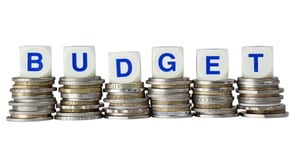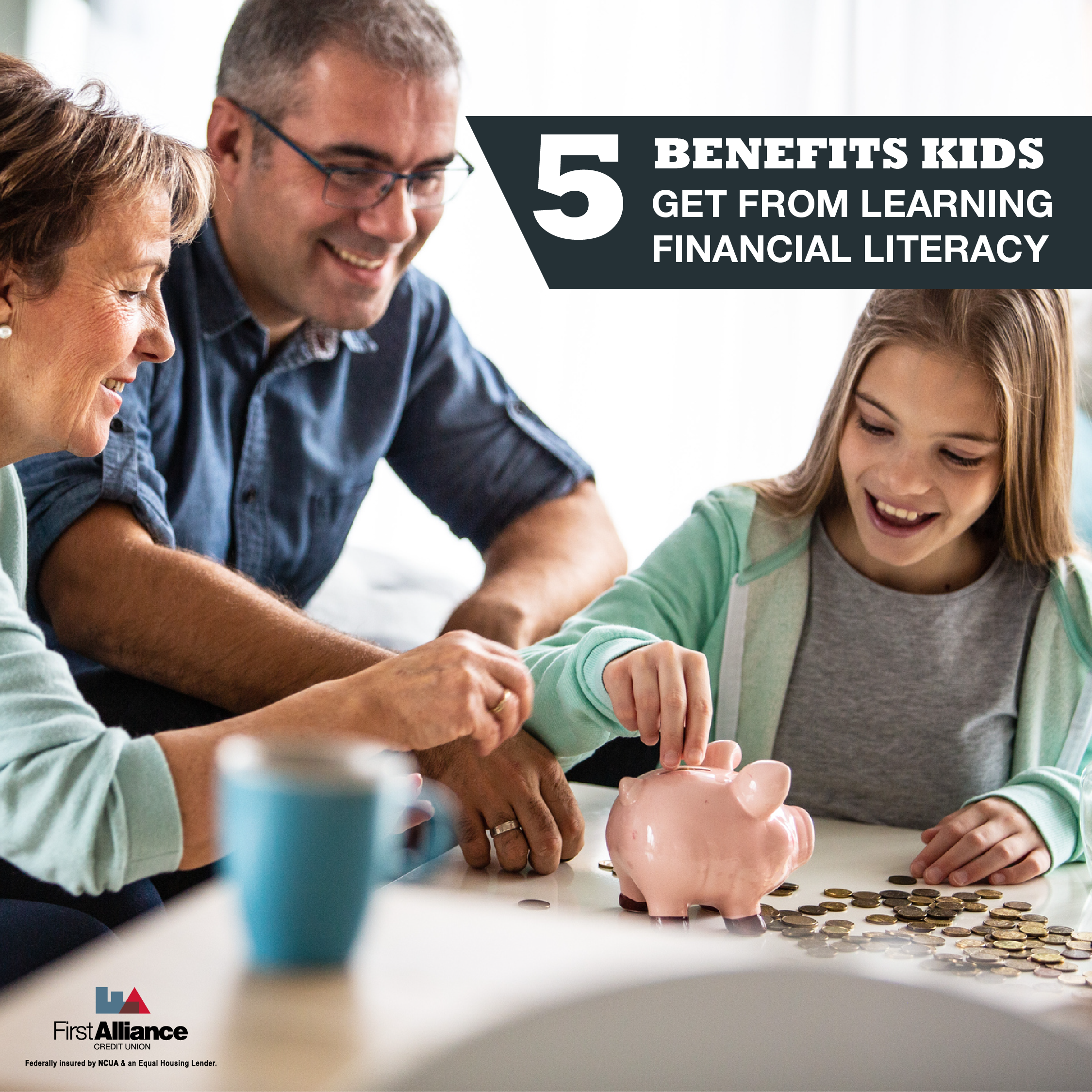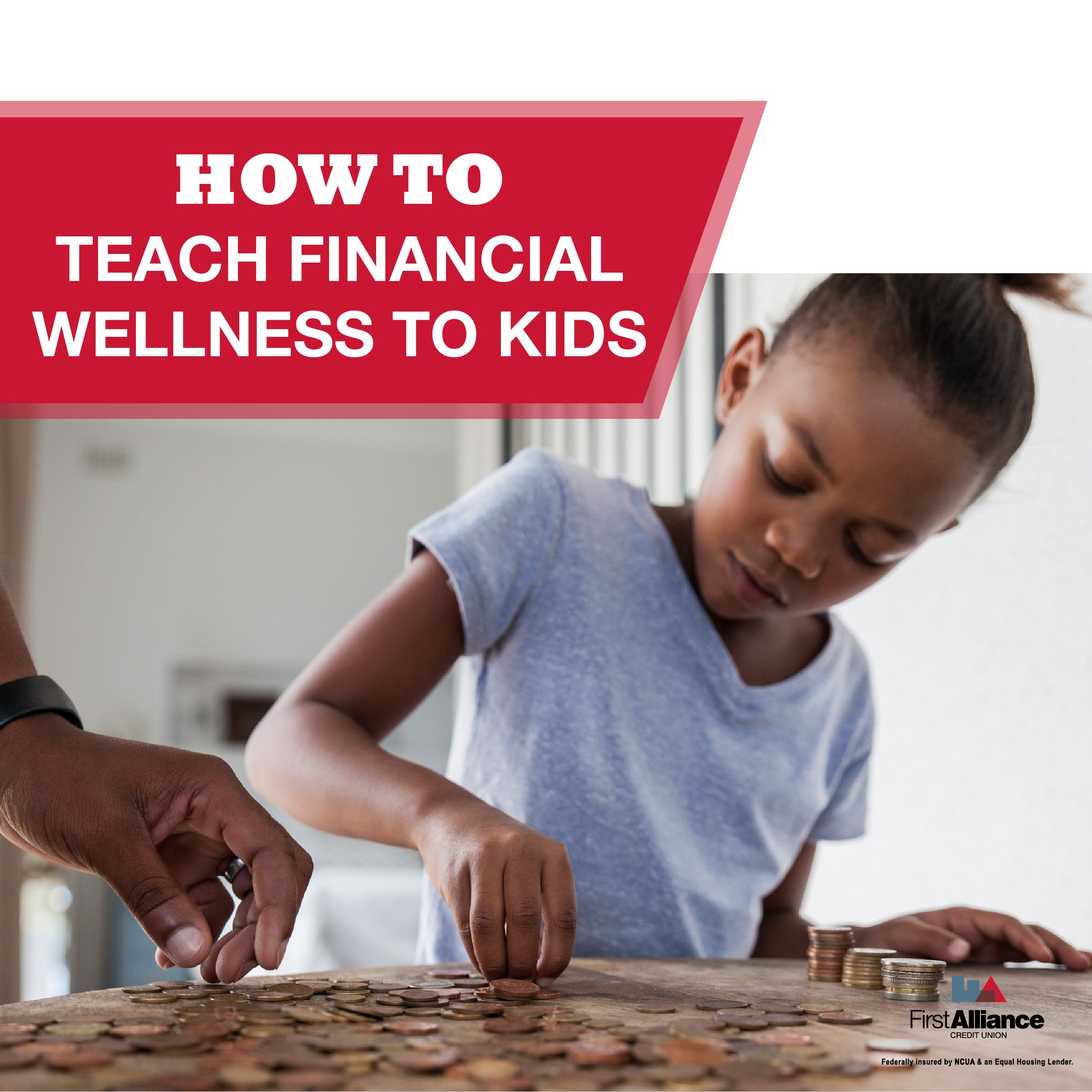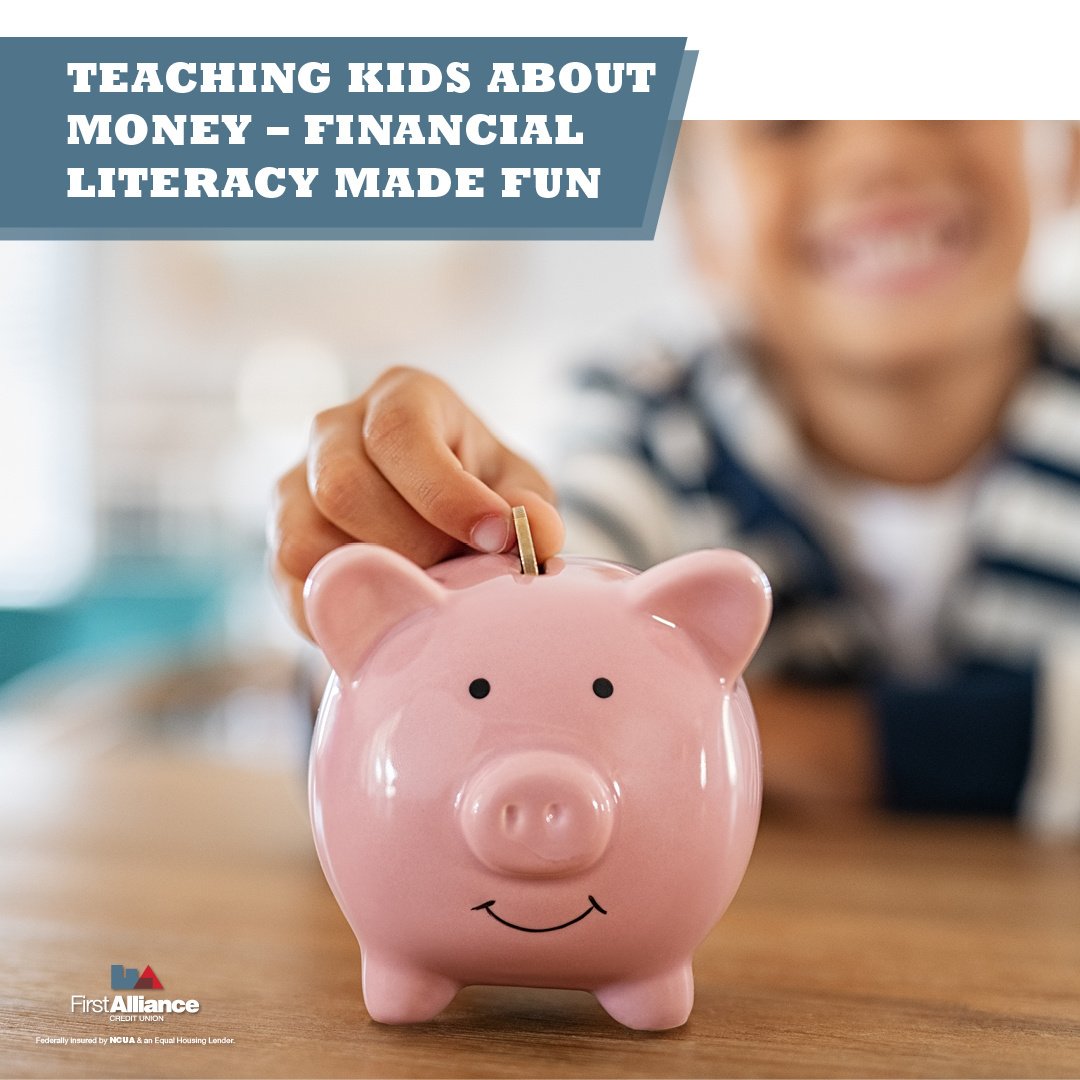5 Lifelong Benefits Kids Get From Learning Financial Literacy Basics
When you teach your kids financial literacy—the knowledge and skills you need to make effective, informed decisions about money management—you're...
3 min read
 Chris Gottschalk
:
Aug 25, 2020 6:45:00 AM
Chris Gottschalk
:
Aug 25, 2020 6:45:00 AM

If you have children, the odds are you’ve had to figure out how to handle distance learning, thanks to the COVID-19 pandemic. This isn’t an easy time for parents or kids, but the good news is that you can use this time with your child to teach them some important lessons they might not learn in school.
At the top of this list should be financial lessons. When children learn about finances early on in life, they are better prepared to go out in the world and live on their own. Here are four financial lessons you can teach your kids that will get them started on the road to financial literacy.
If you really want to spark your kids’ interest in finances, teach them how they can earn free money through the power of interest. You can illustrate the concept by showing them your savings account in online banking and showing them how much money your money earns each month due to interest. If you really want to make the lesson powerful, show them your 401(k) and point out how much money it has made year over year.
You can follow up on this lesson by opening a savings account for your kids. If you open a youth savings account at First Alliance Credit Union, your child will only need $5 to get started. From there, you can encourage your children to save part of their allowance or paycheck and take some time every couple of months to show them what they’ve earned through interest.
Once kids know that their money can make money you can show them how to allocate their money to achieve their financial goals by budgeting.
 Most financial experts agree that the best way to show your kids how to budget is to show them your actual household budget. (If you don’t have a household budget, there’s never been a better time to create one.) This will not only show them the cost of living, it will also give them a sense of how you prioritize your spending and give them a sense of what expenses are important and which are not.
Most financial experts agree that the best way to show your kids how to budget is to show them your actual household budget. (If you don’t have a household budget, there’s never been a better time to create one.) This will not only show them the cost of living, it will also give them a sense of how you prioritize your spending and give them a sense of what expenses are important and which are not.
Since your kids are probably doing more chores while they’re home, you can show them how taxes work.
One good way to do this is to hold a family discussion and explain the concept of taxes to them, where everyone pays a little bit and then the money is spent on something specific. Then work with your kids to select a goal the whole family can enjoy. It could be anything from dinner at a nice restaurant to a new basketball hoop to a weekend vacation.
After you've decided on a goal, let your children know that everyone in the family will help pay for it. Tell them that you and your significant other will pay for most of the goal, but they will be helping too, because you will be giving them more allowance, but collecting part of it as tax. For instance, if your children currently earn $3 a week, increase their allowance to $5 a week, but hold back one dollar as tax to pay for your family goal.
Once you've reached the goal, be sure to let your family know, and point out to your kids that the money they contributed made reaching the goal possible.
 Finally, you can show children how credit cards work. You can start by explaining the concept of credit cards and tell them the advantages and disadvantages of credit cards. You can even bring back to concept of interest to show your children how using credit cards can get someone in financial trouble.
Finally, you can show children how credit cards work. You can start by explaining the concept of credit cards and tell them the advantages and disadvantages of credit cards. You can even bring back to concept of interest to show your children how using credit cards can get someone in financial trouble.
Once you’ve explained how credit cards can be dangerous, you can take the lesson one step further and tell them the difference between good debt and bad debt—debt that helps get you closer to your financial goals versus debt that ultimately hurts your financial situation.
When you teach your children financial lessons, you’re setting them up to make good financial moves when they grow up.
You can also help your children learn more about finances when you help them become a member at First Alliance Credit Union today. In addition to getting them a youth account, you can also show them how their money will earn interest with our compound savings calculator, You can also print out these free youth financial literacy worksheets that will give kids a boost on their way to financial success.

When you teach your kids financial literacy—the knowledge and skills you need to make effective, informed decisions about money management—you're...

Practical money management skills learned at an early age can have a lasting impact on the rest of your child’s life. In fact, this is one of the...
 Read More
Read More